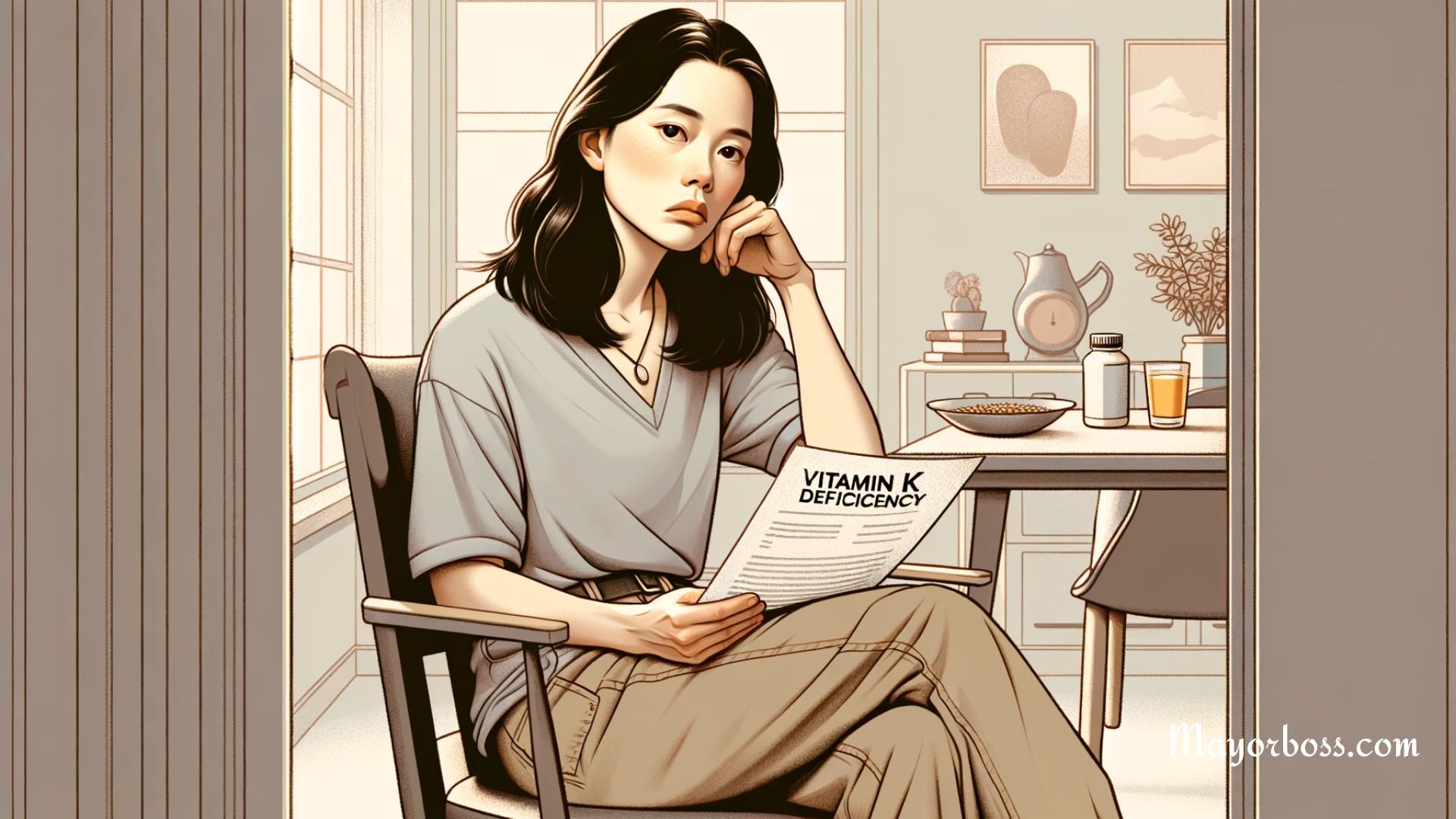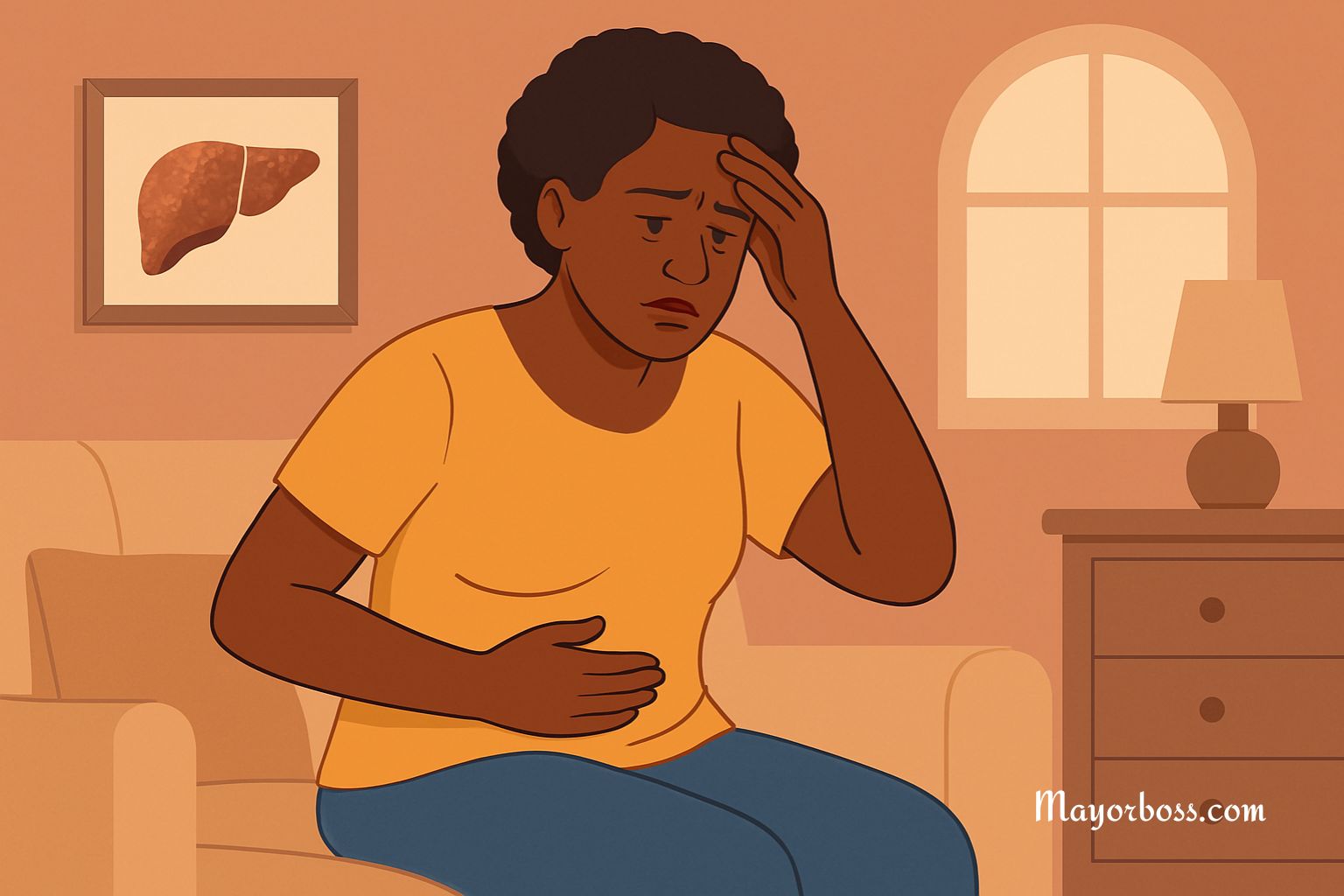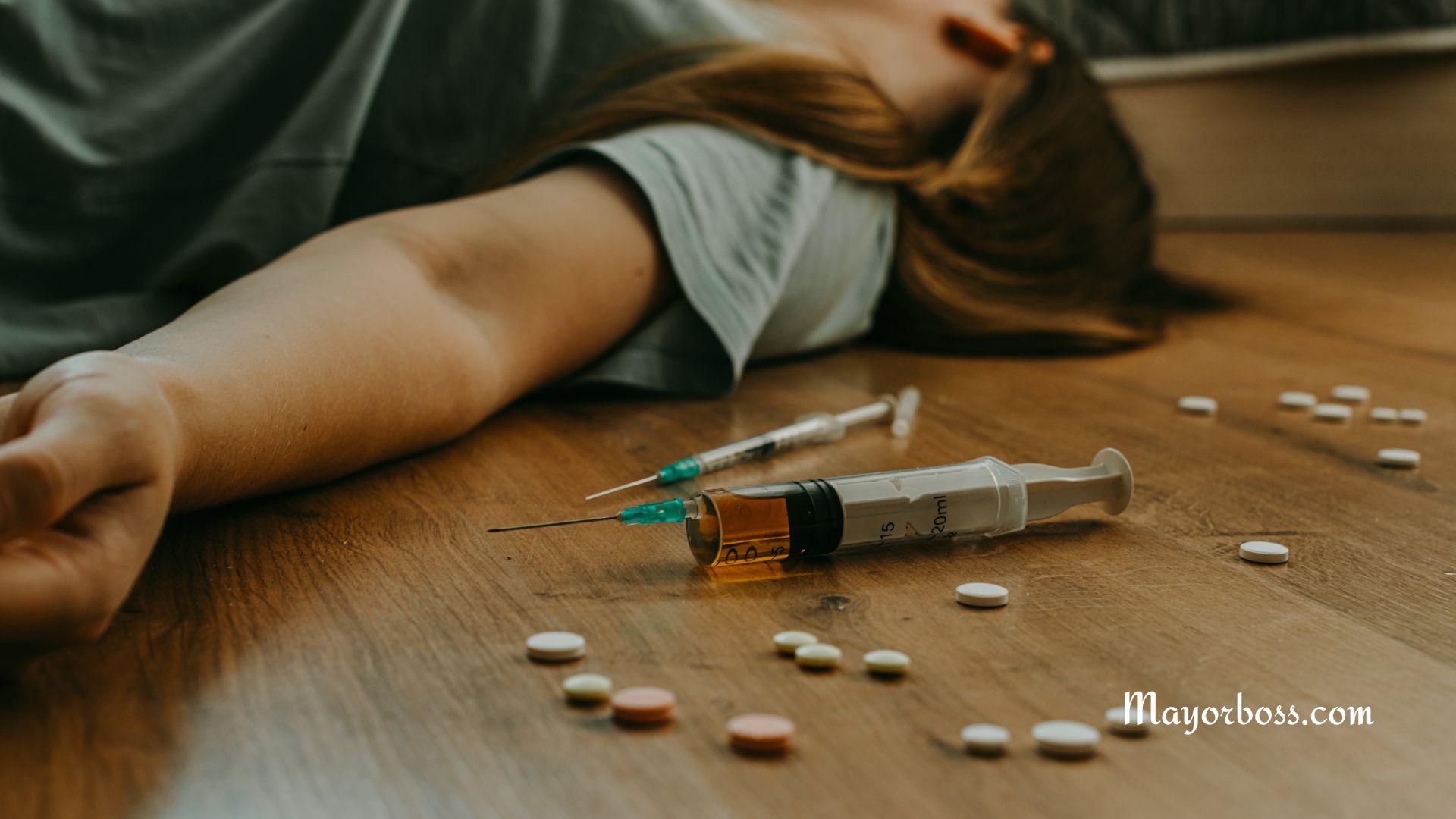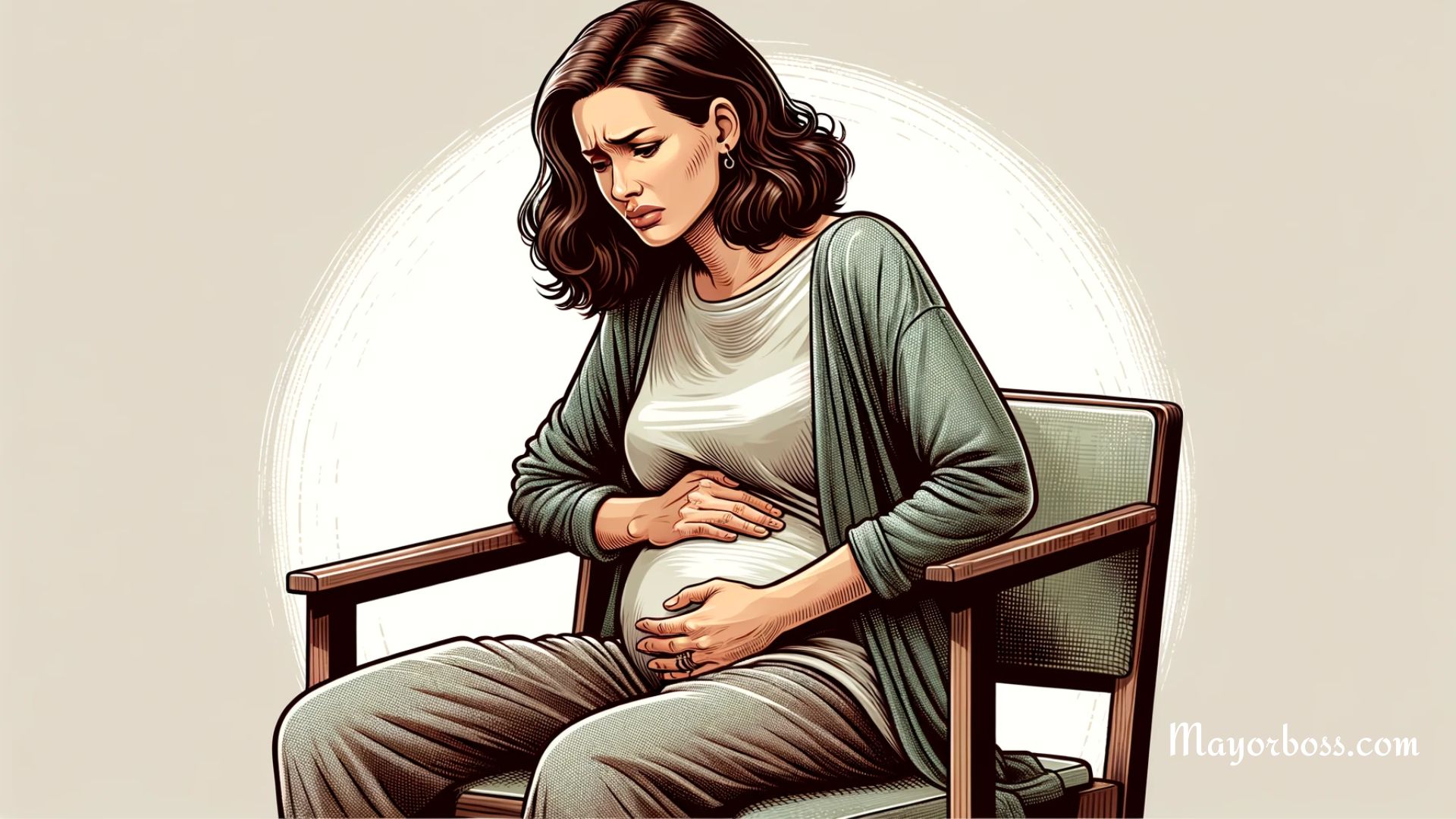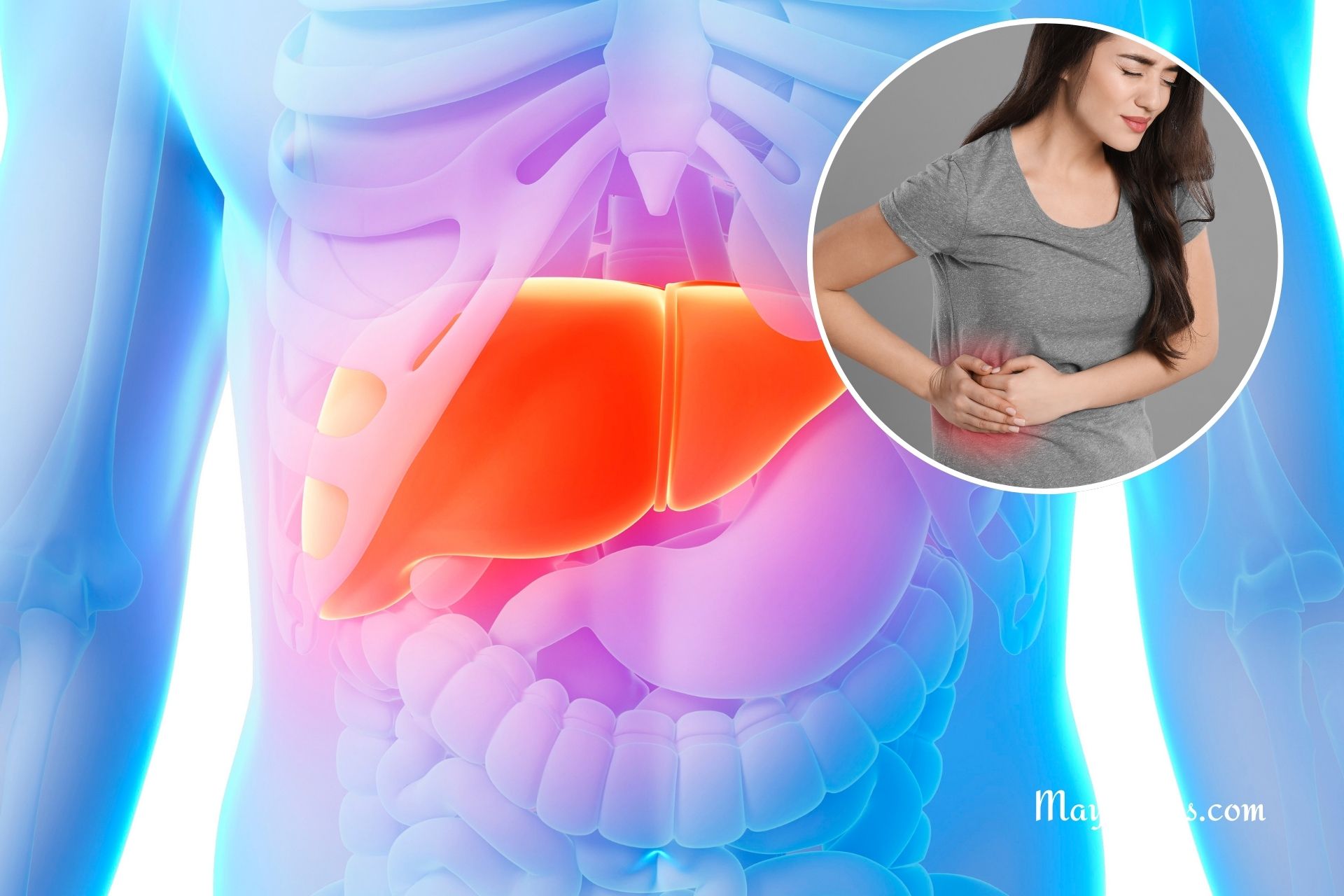11 Bipolar Symptoms You Might Be Ignoring
Bipolar disorder, often misunderstood and overlooked, is a mental health condition marked by extreme mood swings, including emotional highs (mania or hypomania) and lows (depression). Recognizing the signs early can significantly impact your quality of life, enabling effective management and treatment. Here, we’re highlighting 11 symptoms of bipolar disorder that you might be inadvertently ignoring, urging you to pay attention to your mental health with the same vigilance as your physical well-being.

Bipolar Symptoms
1. Unusually Elevated Mood
During a phase of mania or hypomania, you might feel an abnormal boost in your mood. It’s as if you’ve suddenly become the life of the party, feeling overly happy or outgoing without a clear reason. This isn’t just feeling good; it’s an intense emotion that doesn’t align with the situation.
2. Sudden Irritability
Have you found yourself snapping at friends and family over the smallest things? A hallmark of bipolar disorder is experiencing irritability or anger that feels uncontrollable and disproportionate to the situation at hand.
3. Surges of Energy
During manic phases, you might notice a dramatic increase in your energy levels. It feels like you’re powered by an inner motor, leading to you taking on multiple projects or tasks without feeling tired.
4. Reduced Need for Sleep
If you’re finding that you’re wide awake at 3 a.m., planning your day, or feeling rested after only a few hours of sleep, take note. A decreased need for sleep without experiencing fatigue is a common symptom of mania.
5. Impulsivity and Risky Behavior
Bipolar disorder can often manifest in sudden, impulsive decisions without thought of the consequences. This might include spending sprees, reckless driving, or risky sexual behavior.
6. Difficulty Concentrating
During both manic and depressive episodes, you might find it hard to focus or make decisions. Tasks that usually require minimal effort can seem overwhelmingly complex.
7. Feelings of Worthlessness
In depressive episodes, feelings of guilt, worthlessness, or self-doubt can be overpowering. It’s more than just being hard on yourself; it’s a profound sense of inadequacy.
8. Loss of Interest in Enjoyable Activities
You might start to lose interest in activities or hobbies that once brought you joy, including socializing, which can significantly affect your quality of life.
9. Changes in Appetite or Weight
Significant weight gain or loss without trying can be a sign of bipolar disorder, as your eating habits fluctuate with your mood swings.
10. Physical Restlessness or Slowness
During manic phases, you might be physically restless, pacing around, or unable to sit still. Conversely, in depressive episodes, every movement can feel like a monumental effort.
11. Thoughts of Death or Suicide
Having thoughts about death or suicide is a serious symptom of bipolar disorder that requires immediate attention. It’s crucial to seek help if you’re experiencing these thoughts.
Frequently Asked Questions
1. Can bipolar disorder develop at any age?
Yes, bipolar disorder can manifest at any age, though it often develops in the late teenage years or early adulthood. However, diagnosing it in children or older adults can be more challenging.
2. Is bipolar disorder curable?
While there is no cure for bipolar disorder, it’s manageable with the right treatment plan, which may include medication, psychotherapy, and lifestyle changes. Managing symptoms and preventing mood swings is possible.
3. How do I know if I have bipolar disorder or just normal mood swings?
Normal mood swings tend to be less severe and less disruptive than those caused by bipolar disorder. If your mood swings are intense, last for extended periods, or impact your ability to function, it’s essential to seek a professional evaluation.


